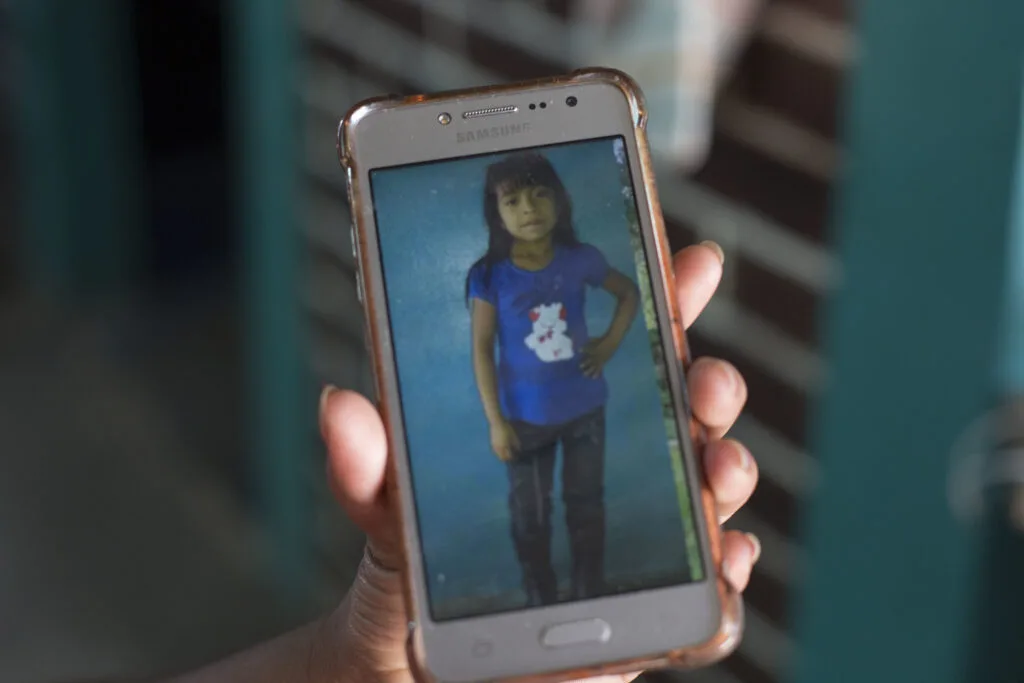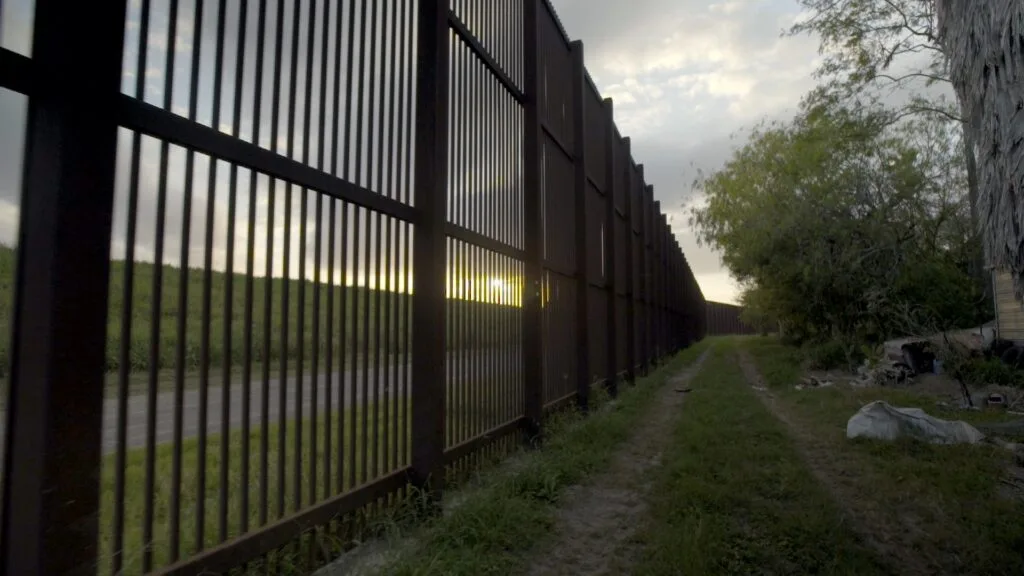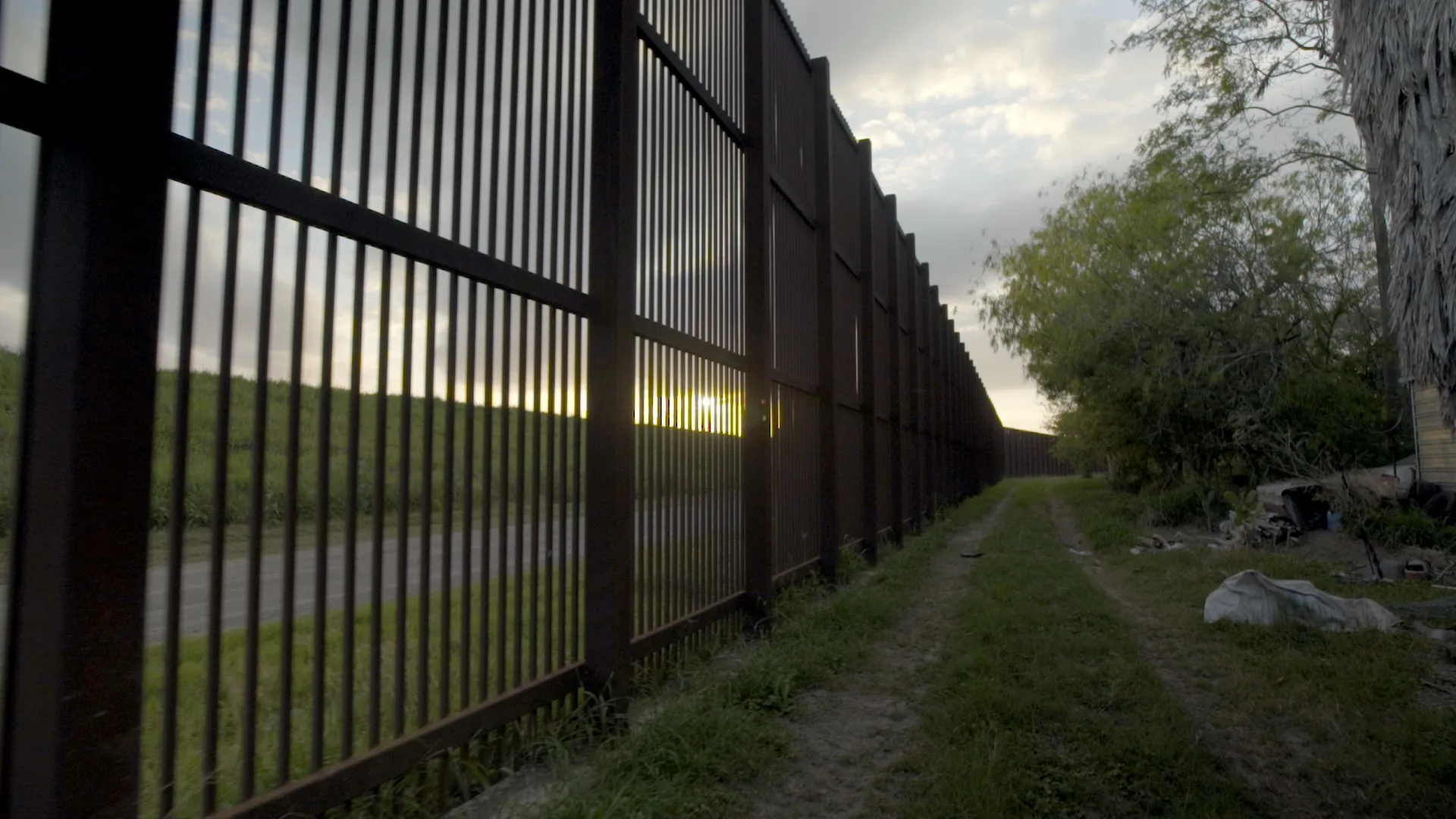After Deadline to Reunite Them, Hundreds of Children Remain Separated

July 27, 2018
Share
Yesterday was the court-ordered deadline for the Trump administration to reunite all families who were separated at the border under its “zero tolerance policy.” But hundreds of children are still separated from their parents, including cases where their parents have been deported without them.
The administration said in a court filing Thursday night that 1,442 children have been reunified with parents held in government custody, and that 378 children were released “in other appropriate circumstances” that include being discharged to another sponsor or to parents who have already been released.
However, 711 children remain in government shelters in cases where “the adult associated with the child” is not eligible for reunification or not available to be released from custody, the filing said. These include cases where parents waived their rights to immediately recover their children, failed to pass a background check, or had already been deported.
Almost 3,000 mostly Central American children were separated from their families by the Trump administration as part of an immigration policy to enforce the border. FRONTLINE investigated the impact of these separations and how the Trump and Obama administrations dealt with minors at the border for its upcoming film Separated: Children at the Border, which premieres on July 31.
Under Trump’s policy of separating families – which the president reversed in June – parents and children were held in government detentions and shelters thousands of miles apart, often without knowing the other’s location. Experts say the separations can be detrimental to children’s health, and litigation has cited safety concerns regarding the facilities holding immigrant children. A federal lawsuit filed in April alleged that a government-contracted shelter subdued immigrant children with psychiatric drugs.
Following an American Civil Liberties Union lawsuit contesting the government’s separation policy, a judge ordered that children under age 5 be reunited by July 10 and children between ages 5 and 17 be reunited by July 26. On July 12, federal officials said they had reunited all children under age 5 deemed eligible for reunification. Children who were not reunified included cases where their parents had a criminal history or had already been deported and were difficult to locate.
Court documents submitted on Thursday said parents of 431 children are no longer in the country. It is still unclear how those reunifications will occur.
“I think it’s just going to be really hard detective work and hopefully we’re going to find them,” said Lee Gelernt, an attorney for the ACLU representing separated parents, on Thursday.
The ACLU filed a motion this week alleging that parents had not realized they had waived their rights to be reunified with their children. It said that in some cases, parents were pressured to sign documents that were not translated into their native language and did not understand what they were signing.
Charles Mwalimu, an attorney, wrote in an affidavit about one mother from Guatemala who spoke an indigenous language and had relinquished her right to reunification after being separated from her son.
“She said that government officers later gave her a form to sign, but they did not read it to her, and so she did not know what she was signing,” he said. “She now wants to reunite with her child, but because of the form she signed, she is worried that she will be deported without him.”
On Thursday night, Matthew Albence, the head of ICE’s Enforcement and Removal Operations, said that these parents had intentionally declined the opportunity for reunification.
“These parents who paid smugglers $5,000, $6,000 dollars to get their children here, and who made the very dangerous journey across Central America and Mexico, they’re not going to give up a chance for their child to remain here, so they frequently decline to have that child removed with them,” he said.

Related Documentaries
Latest Documentaries
Related Stories
Related Stories
Explore
Policies
Teacher Center
Funding for FRONTLINE is provided through the support of PBS viewers and by the Corporation for Public Broadcasting, with major support from Ford Foundation. Additional funding is provided the Abrams Foundation, Park Foundation, John D. and Catherine T. MacArthur Foundation, Heising-Simons Foundation, and the FRONTLINE Trust, with major support from Jon and Jo Ann Hagler on behalf of the Jon L. Hagler Foundation, and additional support from Koo and Patricia Yuen. FRONTLINE is a registered trademark of WGBH Educational Foundation. Web Site Copyright ©1995-2025 WGBH Educational Foundation. PBS is a 501(c)(3) not-for-profit organization.





















